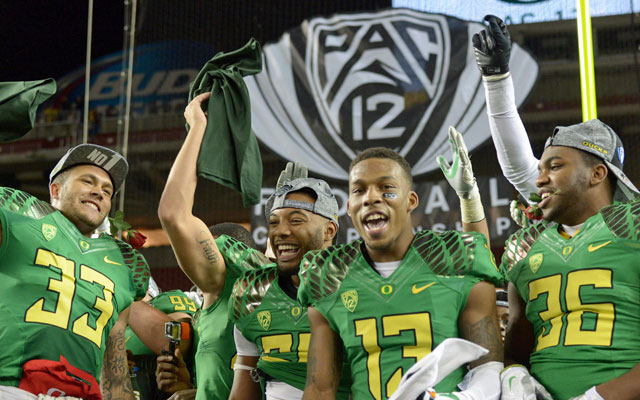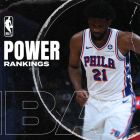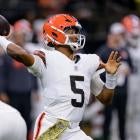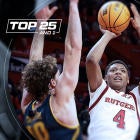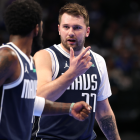Pac-12 athletes spend an average of 50 hours per week on their sport and are often "too exhausted to study effectively," a Pac-12 study revealed this month.
A sampling of 409 conference athletes found that while they are "generally satisfied", they are "stressed" and time demands from their sports create "anxiety and a loss of sleep that hinders academic and athletic performance." The study also concluded that physical exhaustion is a "major issue."
CBSSports.com obtained a copy of the report, which was not released publicly.
Examination of time demands were part of a 10-point plan from Pac-12 presidents last year proposing sweeping reforms to the NCAA model.
Pac-12 commissioner Larry Scott acknowledged concerns raised with the ongoing Northwestern unionization effort. Former Northwestern quarterback Kain Colter testified last year 50-60 hour work weeks were common during August training camp. Colter's remarks came during a National Labor Relations Board unionization hearing.
NCAA rules restrict athletes' time spent on their particular sport to 20 hours per week. The study showed that limit is being violated in the Pac-12 but only slightly (average of 21 hours). The other 29 hours accounting for the 50 include voluntary practices, medical treatment and traveling activities that don't count toward the current limit.
Survey respondents were generally split evenly between genders and spread across several sports. The conference's survey was discussed in-depth at a Pac-12 symposium Friday that was not open to the media or public.
"Essentially we want to make sure we have the appropriate balance between academic and athletics," Scott said. "Some things ... in certain areas may be out of whack."
The survey also concluded that travel for competitions is "extremely stressful" on athletes. Because of travel, athletes say they have fallen behind in homework, studying and sleeping.
Travel is not an insignificant issue in the Pac-12, perhaps the most far-flung league among the Power 5 conferences.
Lack of sleep was the No. 1 drawback to participating in athletics, the survey concluded. More than half of the respondents (55 percent) said sleep would be the No. 1 priority if they were granted an extra hour during the day.
"Some athletes report waking up at 5 a.m. to get to practice on time," the study said, "and then stay up late after evening practices to finish their homework and attend vital tutoring sessions."
One unique note from the survey: Athletes want established what would essentially an eight-hour window where no practices could be held -- from 10 p.m.-6 a.m.
Other conclusions:
• Eighty percent of Pac-12 athletes say they missed a class for a game in 2014-15.
• More than half (54 percent) say they don't have enough time to study for tests.
• Almost three-quarters (73 percent) said they felt a voluntary activity was considered mandatory. Some reported coaches threatening to "kick athletes off the team for missing voluntary activities."
• Two-thirds say sports demands impacted their social lives. "Pac-12 athletes express a desire to make new friends outside of their sports teams."
The overwhelming majority of those surveyed were very or somewhat satisfied with their athletic, academic and general college experience.
"In fact," the study said, "athletics are the one area they do not want to sacrifice their time."
However, other conclusions assert that even practice can prevent athletes from attending class, "as practices often run late ... [and athletes] are unable to devote enough time to both their academics and tests."
The next step is take a sport-by-sport look at the issues addressed in the survey, Scott said.
"The thing that's unclear right now is whether that will lead to [NCAA] legislation," Scott said.
"The main takeaway is -- in general -- student-athletes are very, very satisfied with their experience," he added. "They're pushed for sure, challenged. Sometimes [they] feel like it's too much."
The study included athletes from nine of the Pac-12's dozen schools. USC, Utah and Arizona did not participate.
The study was conducted by Penn Schoen and Berland, which specializes in market research and political polling. The firm was founded in 1975 and previously worked on the campaigns of Bill and Hillary Clinton.
